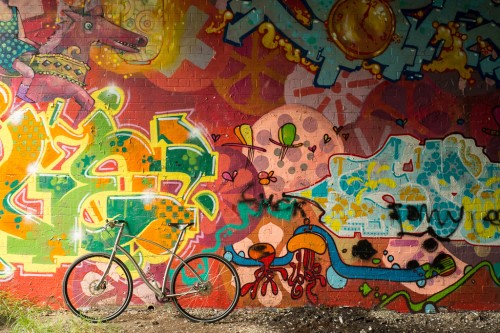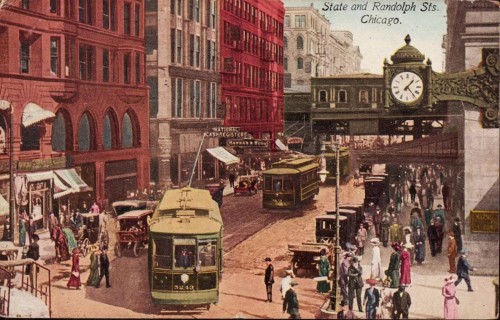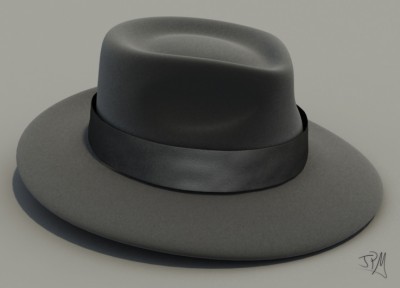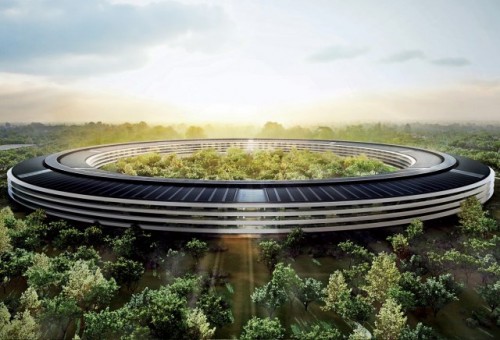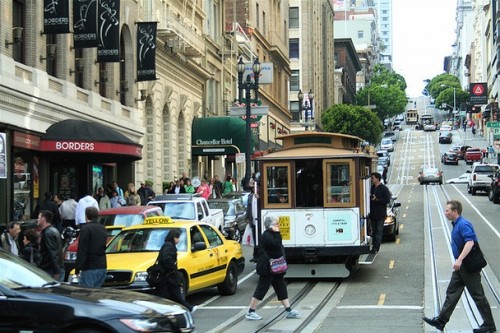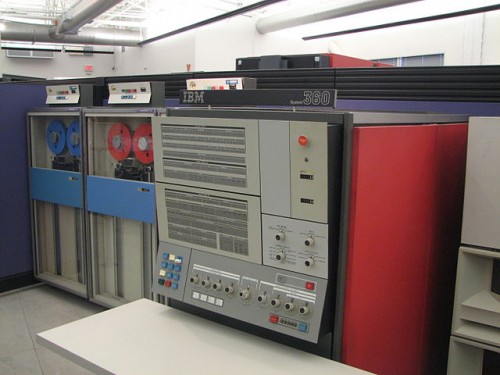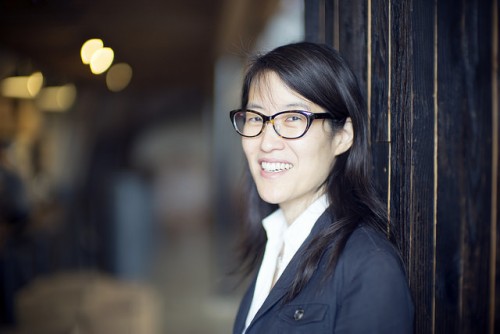
An unfortunately predictable thing happened on Reddit last week. Reddit’s corporate administrators announced that they would be shutting down “five subreddits that break our reddit rules based on their harassment of individuals.” These were fairly small subreddits, except for r/fatpeoplehate which had 150,000 subscribers at time of banning. The primary mission of r/fatpeoplehate was to find pictures of fat people, make fun of them in the comments and –if at all possible—find these people and harass them for being fat. [If you’re unfamiliar with the structure and vocabulary of Reddit I’ve provided a primer at the bottom of this page.]
The administrators were careful to point that they were “banning behavior, not ideas.” That is, while they know that there are dozens of subreddits devoted to white supremacy, tactics for violent raping women, and doxxing young women for espousing feminist beliefs on Tumblr, (yes, all of those exist and they are a lot bigger than you or I want to believe) those communities should rest assured that they will be safe so long as moderators make overtures to discouraging collective behavior that goes beyond reaffirming each other’s dangerous and hateful thoughts.
One could be forgiven for thinking that banning such disgusting behavior from a small minority of people would be met with some “that makes sense” head nods and any sort of outrage would be directed at the failure to ban more subreddits, not less. What in fact happened was quite the opposite: within the day there were dozens of new subreddits playing host to the kind of content and behavior that characterized r/fatpeoplehate. What’s more disturbing though, is that the content from these new subreddits were making it to the frontpage with thousands of votes. There were also countless posts calling for Reddit’s CEO Ellen Pao to do everything from resign to defile herself. As of writing, a full four days after the announcement, there’s an “Ellen Pao Must Resign” subreddit with over seven thousand subscribers that are still able to get links to the front page. more...

